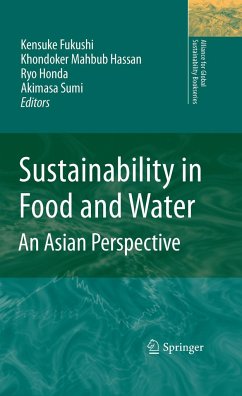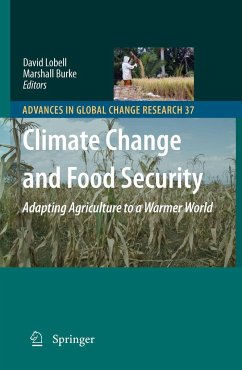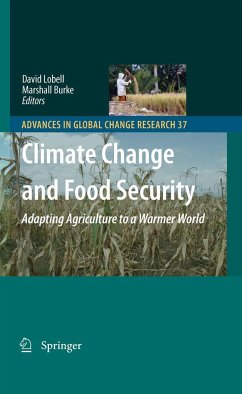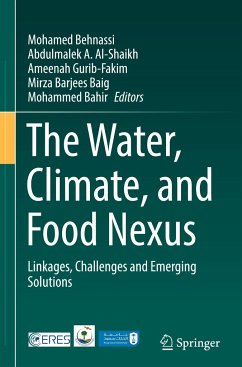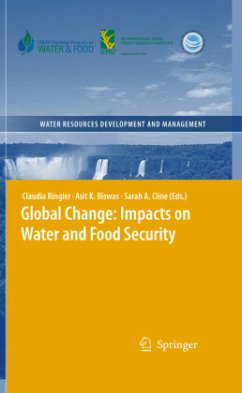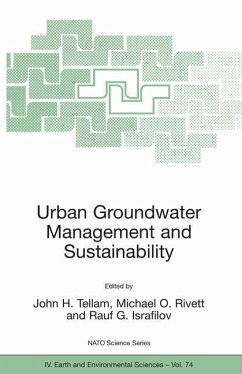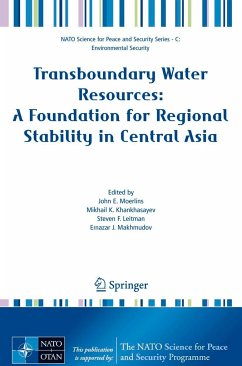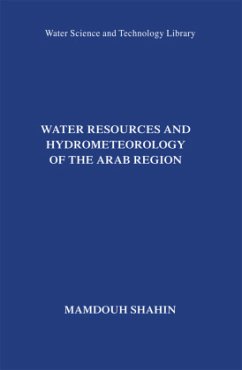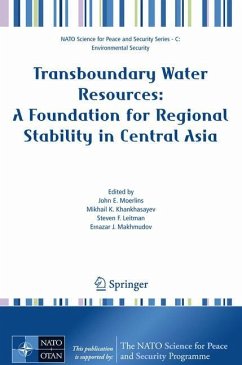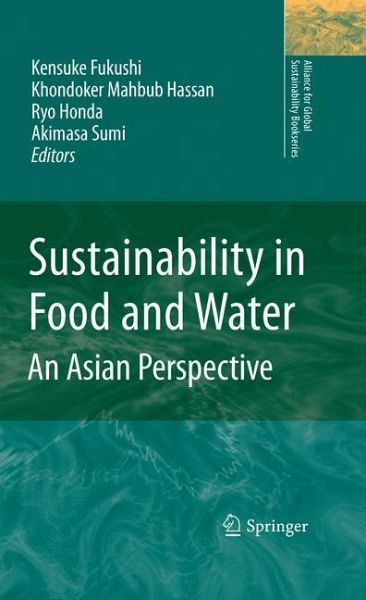
Sustainability in Food and Water
An Asian Perspective
Herausgegeben: Fukushi, Kensuke; Hassan, K M; Honda, R; Sumi, Akimasa
Versandkostenfrei!
Versandfertig in 6-10 Tagen
113,99 €
inkl. MwSt.

PAYBACK Punkte
57 °P sammeln!
Foodandwatersecurityissuesareregardedassinequanonif asocietywants to p- mote health, peace and prosperity. People who are well fed are also people with the means to changetheir situation. However,this is still an immense challengefor Asia especiallyintheglobalenvironmentalperspectiveinthe21stcentury. Peoplearound the globe will be facing a combination of problems concerning both environmental as well as social changes; therefore, the policy for future food and water security has to be upgraded in an integrated and holistic way. The need to put into persp- tive the ever-mounting body of new inf...
Foodandwatersecurityissuesareregardedassinequanonif asocietywants to p- mote health, peace and prosperity. People who are well fed are also people with the means to changetheir situation. However,this is still an immense challengefor Asia especiallyintheglobalenvironmentalperspectiveinthe21stcentury. Peoplearound the globe will be facing a combination of problems concerning both environmental as well as social changes; therefore, the policy for future food and water security has to be upgraded in an integrated and holistic way. The need to put into persp- tive the ever-mounting body of new information on environmental security of food and water issues in Asia beyond the boundaries of separate disciplines provided the impetus for the development of this book. It is a compilation of selected ar- cles from two international symposiums entitled "Food and Water Sustainability in China 2007" and "Food and Water Sustainability in Asia 2008" which were held in Macau, China. Eminent scientists/researchers from different parts of Asia spoke at the symposium on topics such as the challenges in sustainable water resource m- agement, future projection of development strategies for sheries, increased yield of food grains by rainwater management in arid lands, multi-functional role of rice paddy area for food and water sustainability, the impact of biofuel production on food security, reclaimed wastewater for sustainable urban water use, heavy metal removal from contaminated soil and water, and adaptation strategies to cope with the climate change issues for food and water.





